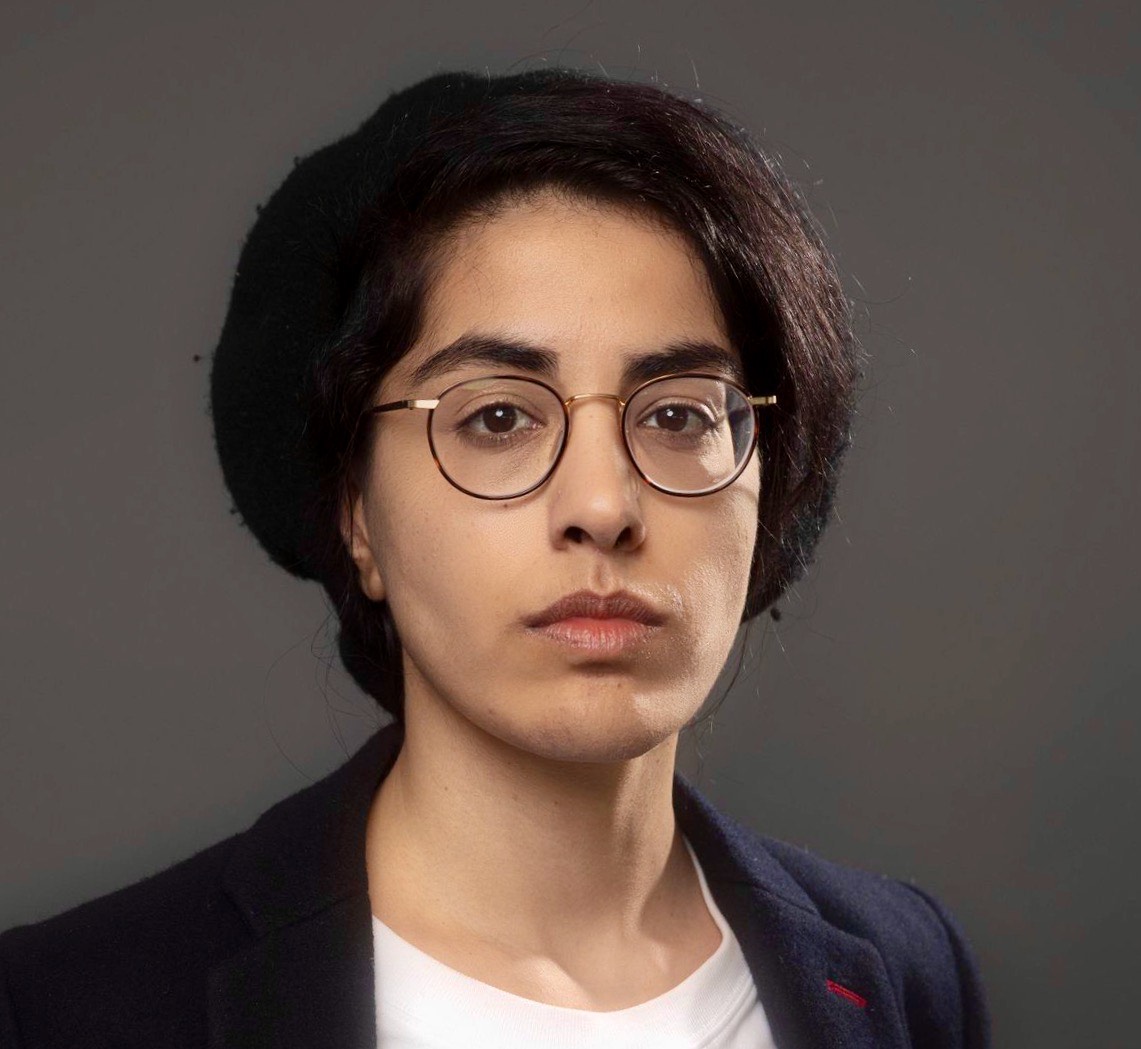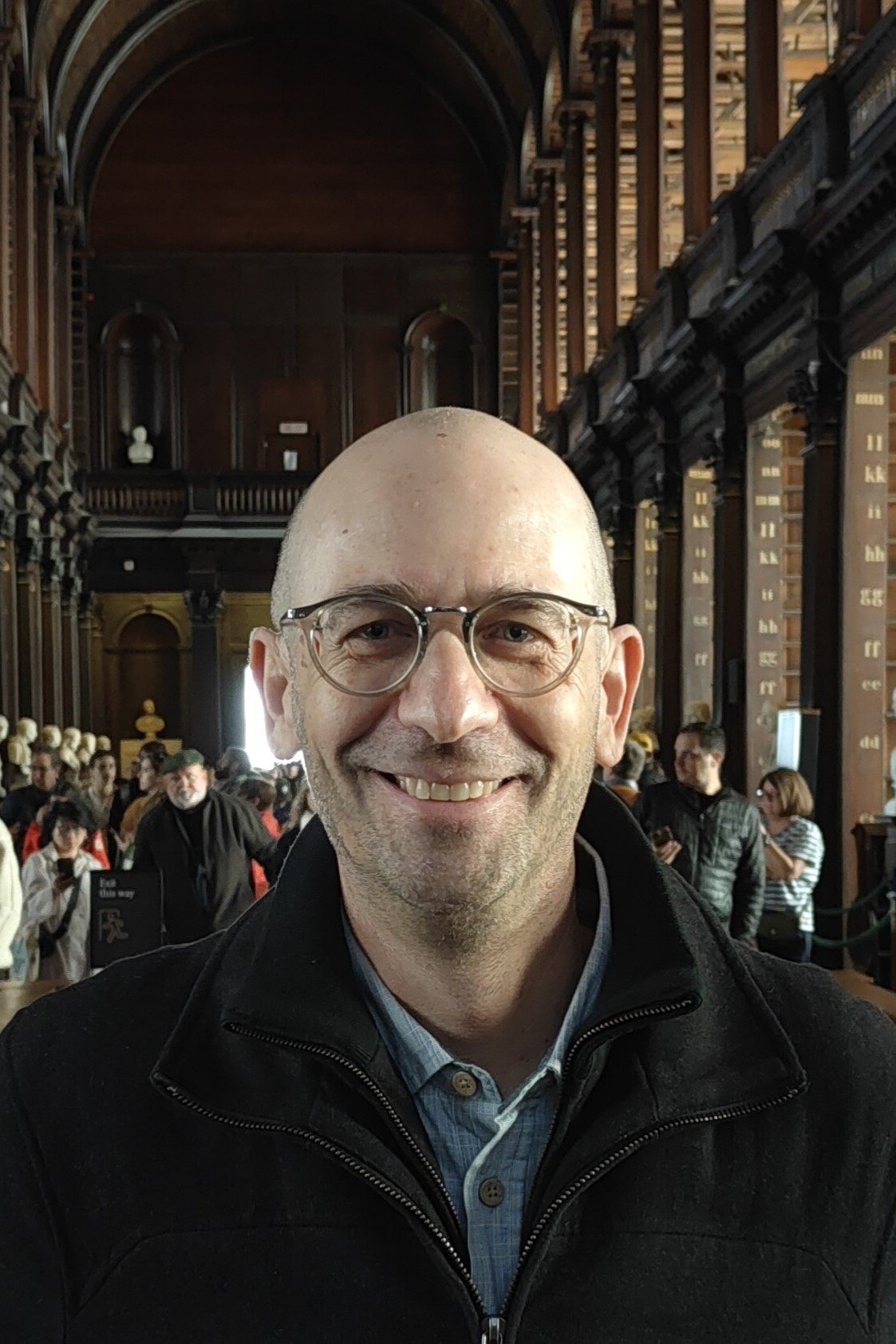12:00-13:15 Tuesday 18 November | Cinema 1, Watershed | Part of the Festival of Economics 2025
What explains the growing ideological polarisation in many Western societies? What are the consequences, and how can we build a less polarised future?
Panel

Mehreen Khan
Mehreen Khan is the Economics Editor for The Times of London and a former Europe correspondent for the Financial Times in Brussels. She covers UK and global macroeconomic policy, central banks, financial markets, and trade.

Moses Shayo
Moses Shayo studies the political economy of redistribution, nationalism, conflict, and international integration; the social and political implications of participation in financial markets; and consumer behavior. One of his major contributions to these areas has been analysing how and to what extent they are shaped by social identity. His work combines empirical studies of the determinants and implications of social identity, with a theoretical framework in which both identities and individual behavior are endogenously determined.

Terri Givens
University of British Columbia
Terri Givens is a Professor of Political Science at the University of British Columbia in Vancouver. She is the author/editor of books and articles on immigration policy, European politics and right-wing politics. Her most recent published books are Reckoning: Creating Positive Change through Radical Empathy and the best-seller Radical Empathy: Finding a Path to Bridging Racial Divides, both from Policy Press as well as The Roots of Racism: The Politics of White Supremacy in the US and Europe, published by Bristol University Press. She has held leadership positions as advisor to the Provost at McGill University, Vice Provost at the University of Texas at Austin, and Provost of Menlo College.

Alan Finlayson
Alan Finlayson is Professor of Political & Social Theory at the University of East Anglia, Norwich. He specialises in the study of political ideas and the political rhetorics through which they are communicated. In the last decade he has particularly focused on how social media platforms have changed political rhetoric and, thus, the ideas which dominate our politics.









































